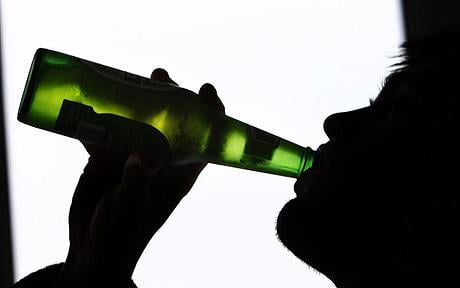The holiday season, a time of celebration and merriment, often becomes synonymous with excessive alcohol consumption. Parties, gatherings, and the general festive atmosphere can create a culture of binge drinking, where the line between enjoyment and excess blurs. This pattern of consumption, while seemingly harmless in the spirit of celebration, carries significant immediate and long-term health risks, impacting not only individual well-being but also posing a broader public health concern.
Binge drinking, defined as consuming five or more drinks for men and four or more for women within a short period, goes beyond the occasional celebratory toast. The immediate consequences can range from the discomfort of a hangover and dehydration to impaired judgment, leading to accidents, injuries, and even violence. The short-term effects are not merely inconveniences but represent real dangers, particularly for young adults, among whom this behavior is disturbingly common. The more drinks consumed in a short span, the higher the blood alcohol content (BAC), escalating the risk of severe intoxication, blackouts, and compromised decision-making, increasing the likelihood of harmful consequences.
While the immediate risks of binge drinking are serious, the long-term consequences are far more profound. Repeated episodes of high-intensity drinking can lead to the development of alcohol use disorder (AUD), a chronic condition with devastating impacts on health, relationships, and overall well-being. AUD is a major contributor to preventable deaths in the United States, claiming over 140,000 lives annually. Beyond AUD, binge drinking can cause irreversible damage to vital organs, including the liver, heart, and brain. The long-term effects extend beyond physical health, contributing to mental health issues, strained relationships, and a diminished quality of life.
The neurological impact of binge drinking is particularly concerning. Studies have shown that repeated episodes of excessive alcohol consumption can alter brain structure and function, particularly in areas responsible for decision-making, impulse control, and reward processing. These changes can have long-lasting effects on cognitive abilities and increase the vulnerability to mental health disorders and substance abuse later in life. This underscores the importance of addressing binge drinking not only as a social issue but also as a significant public health concern with potentially irreversible consequences for brain health.
Despite the prevalence and dangers of binge drinking, especially during the holiday season, individuals can take proactive steps to manage their alcohol consumption and mitigate the associated risks. Setting clear limits before attending social events and communicating these boundaries to friends and family can help avoid peer pressure and maintain control over drinking habits. Staying hydrated by alternating alcoholic beverages with water and consuming food before and during events can slow down alcohol absorption and prevent dehydration. Engaging in alternative activities, such as dancing, playing games, or volunteering, can shift the focus away from alcohol and provide enjoyable ways to participate in festivities without excessive drinking.
Exploring non-alcoholic options, such as mocktails and sparkling water, allows individuals to enjoy the social aspects of gatherings without the negative consequences of alcohol. Having a pre-arranged safe transportation plan, such as a designated driver or ride-sharing service, is crucial to preventing alcohol-related accidents and ensuring a safe return home. Planning an exit strategy in case of feeling pressured to drink excessively or needing a break from the party environment can further empower individuals to make responsible choices and prioritize their well-being.
The societal narrative surrounding alcohol consumption, particularly during holidays and celebrations, needs to evolve. While moderate drinking can be part of a balanced lifestyle, excessive consumption poses significant risks. The high prevalence of binge drinking, especially among young adults, calls for greater awareness of the associated dangers and a shift towards responsible drinking habits. Recognizing binge drinking as a public health issue rather than simply a social hazard is essential in promoting informed choices, mitigating the negative consequences, and fostering a healthier approach to alcohol consumption. By prioritizing responsible choices and promoting awareness of the associated risks, we can create a healthier and safer festive season for ourselves and our communities.














